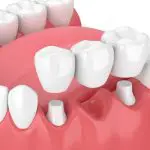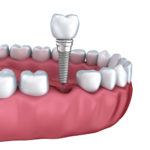5 Proven Tips: How to Sleep Comfortably after Wisdom Teeth Removal

Wisdom teeth removal can be a daunting experience for anyone, especially when it comes to sleeping comfortably after the procedure. The pain and discomfort that follows can make it difficult to get a good night’s sleep, which is essential for the healing process. However, there are ways to alleviate the discomfort and ensure a peaceful night’s rest. In this article, we will discuss five proven tips on how to sleep comfortably after wisdom teeth removal. Firstly, it is important to understand that the first few days after wisdom teeth removal are crucial for the healing process. Any unnecessary movement or pressure on your mouth can result in bleeding or delayed healing time. Therefore, it is recommended to sleep with your head elevated at a 45-degree angle. This position will help reduce swelling and pressure on your mouth, allowing you to sleep more comfortably. Additionally, using an extra pillow or two to prop your head up can provide extra support and comfort. With this method, you can ensure that you are not putting any undue pressure on the surgical site, and you can get a good night’s rest, which is essential for the healing process.
The wisdom teeth removal procedure is a common dental surgery that involves the extraction of one or more wisdom teeth from the back of the mouth. Before the procedure, the dentist will administer a local anesthetic to numb the area. In some cases, general anesthesia may be used if multiple teeth are being removed or if the patient has a high level of anxiety. The dentist will then make an incision in the gum tissue to access the tooth and remove it using forceps. After the tooth is removed, the dentist will stitch the gum tissue back together and place gauze over the extraction site to help stop any bleeding. The recovery process can take several days and may require pain medication, ice packs, and soft food diet.
Sleep plays a crucial role in the process of recovery after wisdom teeth removal. When we sleep, our body repairs and regenerates tissues that have been damaged during the surgery. Getting enough sleep also helps boost the immune system, which is essential in fighting off infections that may occur after the procedure. Additionally, sleep can help reduce pain and inflammation by allowing our body to release natural painkillers and anti-inflammatory hormones. Furthermore, sleep can improve our mental health, reduce stress levels, and promote a faster healing process. Therefore, it is essential to prioritize getting enough sleep during recovery to ensure a smoother and quicker healing process.
The article \5 Proven Tips How to Sleep Comfortably after Wisdom Teeth Removal\ provides readers with practical advice on how to get a good night’s sleep after this common dental procedure. The author emphasizes the importance of preparing beforehand by creating a comfortable sleeping environment, such as using extra pillows to elevate the head and reduce swelling. Additionally, the article suggests avoiding certain foods and behaviors that can interfere with sleep, such as eating hard or crunchy foods and drinking alcohol. The article also recommends taking pain medication as prescribed and using ice packs to help reduce discomfort. Overall, the article offers a comprehensive guide to help individuals recover comfortably and get the restful sleep they need after wisdom teeth removal.
Proper Positioning
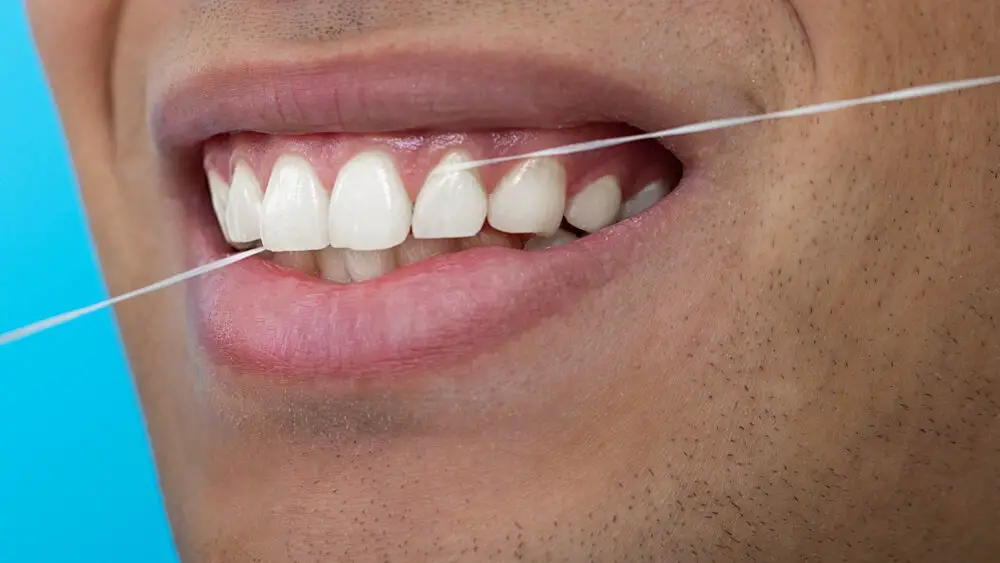
Proper positioning is crucial after wisdom teeth removal to avoid postoperative complications. It is recommended to sleep with your head elevated and avoid lying flat for the first few days. Prop your head up with pillows to reduce swelling and promote blood circulation. This position allows gravity to work in your favor, preventing blood from pooling in the surgical area and reducing the risk of bleeding. Sleeping on your back is also ideal as it minimizes pressure on the surgical site and prevents accidental biting or chewing of the cheeks or tongue. If you prefer to sleep on your side, make sure to use extra pillows to support your head and neck properly. Avoid sleeping on your stomach as it can increase swelling and interfere with proper healing. In addition to proper head elevation, body position is also essential for a comfortable sleep after wisdom teeth removal. Avoid bending over or lifting heavy objects as it can increase blood pressure and cause prolonged bleeding. Instead, move slowly and carefully, keeping your head and torso upright at all times. If you need to get up from bed, sit up slowly and use your arms for support. Avoid sudden movements or jerky motions that can cause discomfort or pain. Proper positioning is key to a smooth recovery after wisdom teeth removal, so take the time to find the right sleep position that works for you.
After undergoing wisdom teeth extraction, getting a good night’s sleep can be challenging as the discomfort and swelling can cause discomfort. However, by adopting the right sleeping position, you can reduce pain and promote healing. The best sleeping positions after wisdom teeth removal include sleeping on your back with your head elevated, sleeping on your side with a pillow between your knees, or using a recliner chair to sleep in an upright position. Sleeping on your stomach should be avoided as it can increase swelling and cause additional pain. It is also essential to ensure that you have a comfortable pillow and a supportive mattress to help you sleep soundly and promote a speedy recovery.
Using pillows for comfort and support can be a game-changer when it comes to getting a good night’s sleep after wisdom teeth removal. Elevating the head with a pillow can help reduce swelling and discomfort in the jaw area. Placing a pillow under the knees can also take pressure off the lower back and promote a more comfortable sleeping position. Additionally, hugging a pillow can provide extra support and cushioning for the head and neck. Experiment with different pillow placements and sizes to find what works best for you and your individual needs. With a little bit of pillow arrangement, you can wake up feeling refreshed and well-rested despite the discomfort of post-surgery healing.
After wisdom teeth removal, it is crucial to avoid any pressure on the surgical site to prevent complications and promote healing. Here are some tips to help you avoid pressure on the surgical site while sleeping. Firstly, elevate your head with pillows to keep your head above your heart and reduce swelling. Secondly, avoid sleeping on your side or stomach and sleep on your back. Thirdly, use a neck pillow to support your head and neck and prevent any accidental movement. Fourthly, avoid using a straw or smoking as the suction can dislodge the blood clot and delay the healing process. Lastly, if you have a tendency to grind your teeth, consider wearing a mouthguard to protect your surgical site from pressure and damage. By following these tips, you can sleep comfortably and promote a speedy recovery after your wisdom teeth removal surgery.
Pain Management
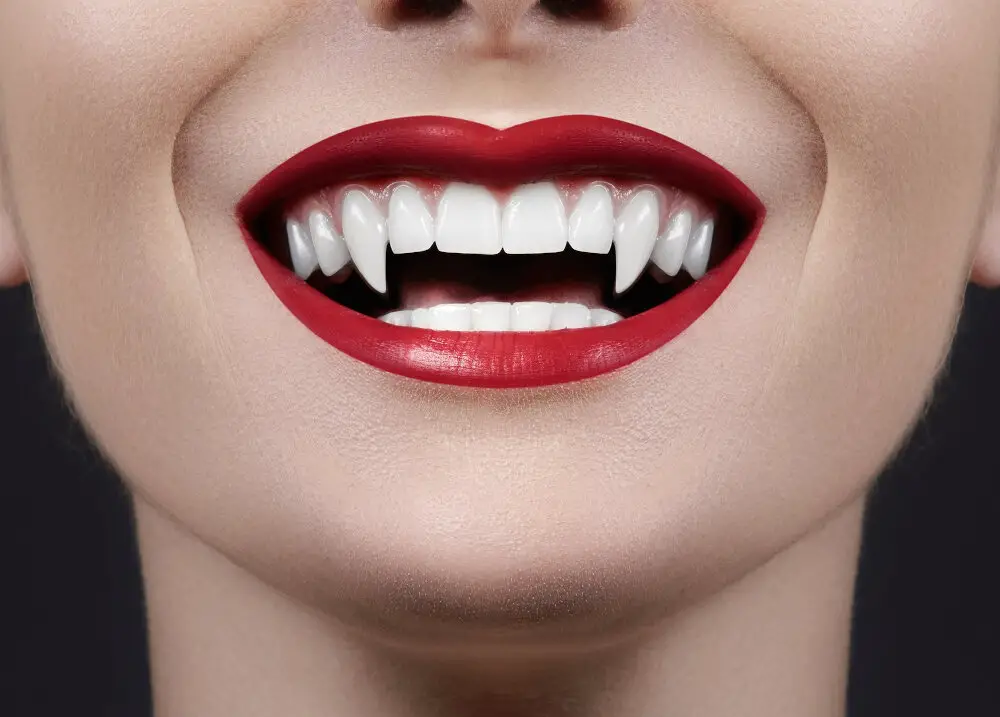
Pain management is an essential aspect of post-operative care after wisdom teeth removal. Patients experience discomfort and pain after the surgery, which can be managed through medication and home remedies. Painkillers such as paracetamol, ibuprofen, and codeine are commonly prescribed to manage pain. It is recommended to take the painkillers as advised by the dentist or doctor to avoid any adverse effects. Additionally, cold compresses can help reduce swelling and relieve pain. Placing an ice pack on the affected area for 20 minutes, several times a day, can help reduce pain and swelling. Patients can also rinse their mouth with saltwater to reduce inflammation and alleviate pain. Moreover, patients should avoid hot and spicy foods after the surgery as they can cause discomfort and pain. Soft foods such as yogurt, mashed potatoes, and smoothies can be consumed in the first few days. Patients should also avoid smoking and drinking alcohol as they can slow down the healing process and increase the risk of infection. Good oral hygiene is essential during the recovery period. Patients should brush their teeth gently and avoid the surgical site to prevent any irritation. Pain management is crucial for patients after wisdom teeth removal surgery. Proper medication, home remedies, and oral hygiene can help manage pain and speed up the recovery process.
After wisdom teeth removal, pain management is crucial for a comfortable recovery. There are several options available to manage pain, including over-the-counter pain relievers like ibuprofen and acetaminophen, prescription pain medication, and topical treatments like numbing gels. Additionally, patients can use ice packs to reduce swelling and discomfort. It is important to follow the dentist’s instructions for medication dosage and scheduling to minimize the risk of side effects such as nausea or dizziness. It’s also recommended to avoid smoking, drinking through a straw, and eating hard or crunchy foods that can irritate the surgical site. With proper pain management, patients can alleviate discomfort and achieve a faster, more comfortable recovery after wisdom teeth removal.
Experiencing pain can significantly impact the quality of sleep, especially when it comes to wisdom teeth removal. Pain can disrupt the body’s natural sleep cycle, making it difficult to fall asleep and stay asleep. The discomfort can cause restlessness and anxiety, making it challenging to find a comfortable sleeping position. Pain can also cause teeth grinding or clenching, which can further exacerbate the pain and cause additional dental complications. Furthermore, taking pain medication can have side effects that further affect sleep quality, such as drowsiness or nausea. Therefore, finding ways to manage pain and discomfort is crucial for getting a good night’s sleep after wisdom teeth removal.
Managing pain is an essential aspect of ensuring a comfortable and restful sleep after wisdom teeth removal. Firstly, it is recommended to take pain medication as prescribed by your dentist or doctor. Additionally, applying a cold compress to the affected area can help reduce inflammation and pain, promoting better sleep. It is also important to maintain good oral hygiene by rinsing your mouth with saltwater or a prescribed mouthwash to prevent infections and discomfort. Elevating your head with extra pillows can also help reduce swelling and prevent blood from pooling in the affected area. Finally, avoiding hard foods, smoking, and excessive physical activity can help prevent further pain and promote a faster recovery. By following these tips, you can effectively manage pain and improve your sleep quality after wisdom teeth removal.
Hydration and Nutrition
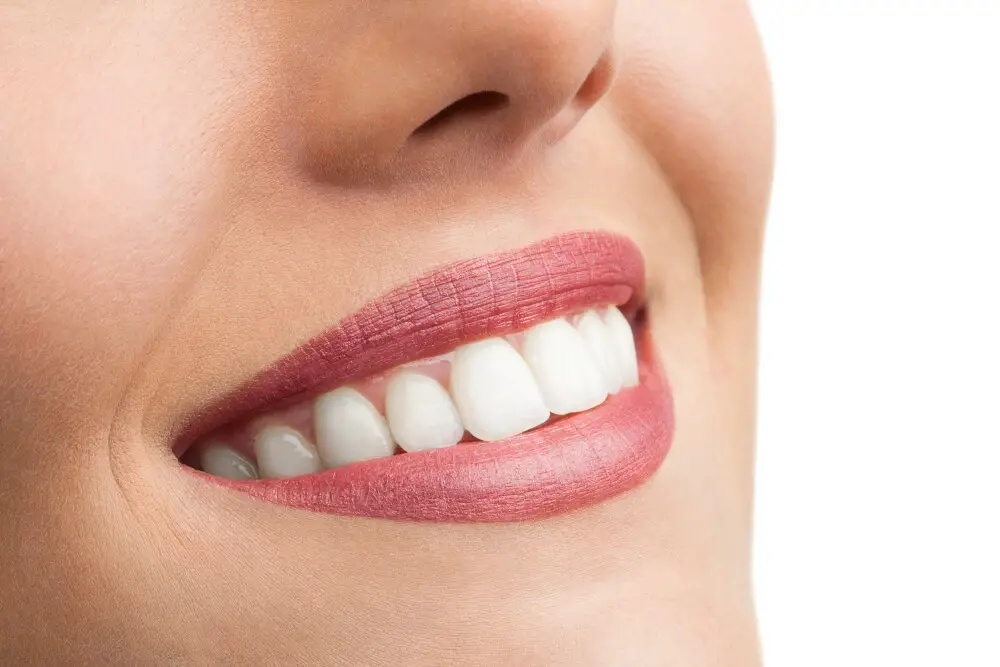
Hydration and nutrition play a critical role in the recovery process after wisdom teeth removal. Proper hydration is essential as it helps to prevent dehydration, which can lead to complications such as nausea, dizziness, and fatigue. It is recommended to drink plenty of water and other fluids, such as coconut water or sports drinks, to replenish lost fluids and electrolytes. Drinking fluids can also help to flush out any toxins or bacteria that may be present in the mouth, reducing the risk of infection. It is important to avoid drinking alcohol, caffeine, and carbonated beverages as they can cause dehydration and irritate the surgical site. In addition to hydration, nutrition is also crucial in the recovery process. Eating a well-balanced diet with plenty of fruits, vegetables, lean protein, and whole grains can provide the necessary nutrients needed for the body to heal. Soft foods such as soups, smoothies, and mashed potatoes are recommended during the first few days after the surgery as they are easy to chew and swallow. It is important to avoid hard, crunchy, and sticky foods as they can irritate the surgical site and cause discomfort. Additionally, smoking and using straws should be avoided during the recovery period as they can cause dry socket, a painful condition that occurs when the blood clot is dislodged from the surgical site. By following these hydration and nutrition tips, patients can ensure a smooth and comfortable recovery after wisdom teeth removal.
Hydration and nutrition are crucial components for a successful recovery after wisdom teeth removal. Drinking plenty of water helps to keep the body hydrated, which in turn helps to reduce inflammation and pain. Adequate fluid intake also helps to prevent dry mouth, which is a common side effect of anesthesia and pain medication. Additionally, consuming nutrient-rich foods such as fruits, vegetables, and lean proteins promotes healing and helps to strengthen the immune system. It is important to avoid foods that are hard, crunchy, or chewy, as these can irritate the surgical site and prolong the healing process. Maintaining proper hydration and nutrition during the recovery period can help to ensure a quicker and more comfortable healing process.
Staying hydrated is crucial for a healthy recovery after wisdom teeth removal, but it can be challenging to do so without disrupting sleep. To avoid waking up in the middle of the night to use the bathroom, it’s recommended to drink plenty of fluids during the day and limit your intake before bedtime. Opt for water or sugar-free drinks, as sugary beverages can dehydrate you and harm your teeth. You can also try eating water-rich foods like fruits and vegetables, and using a humidifier in your room to keep the air moist. Additionally, avoid caffeine and alcohol, as they can disrupt your sleep and dehydrate you. By following these tips, you can stay hydrated and comfortable during your recovery without sacrificing your sleep.
After having your wisdom teeth removed, it’s essential to consume soft and easy-to-eat foods that won’t disrupt your sleep. Some great options include mashed potatoes, soup, smoothies, yogurt, and scrambled eggs. These foods are not only easy to chew but also provide the necessary nutrients to promote healing and reduce inflammation. Avoid crunchy or spicy foods, as they can irritate the surgical site and cause discomfort. Additionally, refrain from consuming caffeine or alcohol, as they can interfere with your sleep patterns, causing you to feel restless and uncomfortable. Instead, opt for herbal tea or water to stay hydrated and promote better sleep.
Creating a Comfortable Sleep Environment
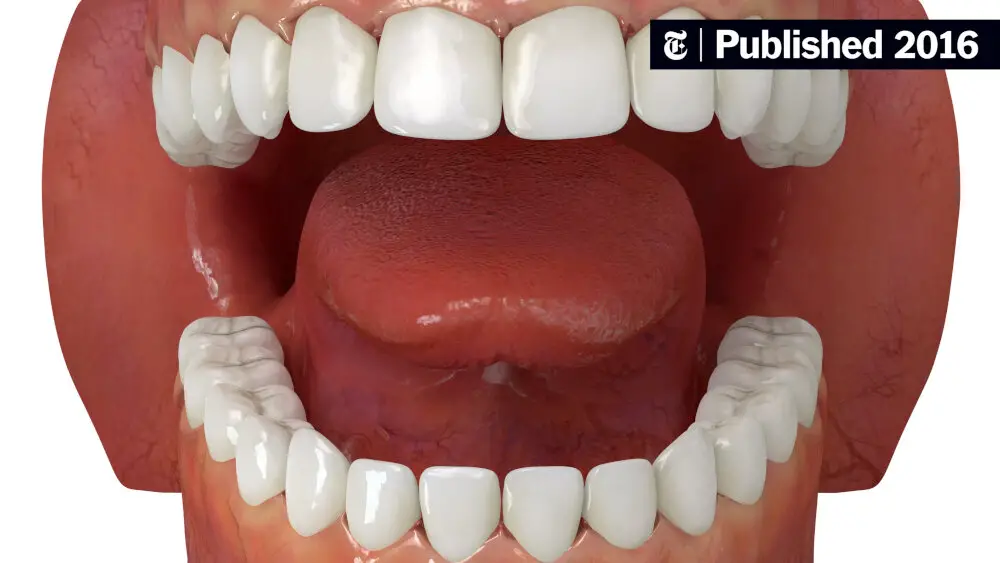
A comfortable sleep environment is crucial for a good night’s rest, especially after wisdom teeth removal. The first step in creating a comfortable sleeping environment is to ensure that your bedroom is quiet, dark, and cool. This means turning off any electronics, closing the curtains to block out any light, and adjusting the temperature to a comfortable level. A comfortable mattress and pillows are also essential for a good night’s sleep. Invest in high-quality bedding that suits your sleeping style and preferences. A supportive pillow can also help alleviate any pain or discomfort caused by wisdom teeth removal. Another way to create a comfortable sleep environment is to practice good sleep hygiene. This means establishing a regular bedtime routine and sticking to it, even on weekends. Avoid caffeine and alcohol before bed, and limit your screen time in the hours leading up to bedtime. A warm bath or shower before bed can also help relax your muscles and promote a sense of calm. By creating a comfortable sleep environment and practicing good sleep hygiene, you can ensure that you get the rest you need to recover after wisdom teeth removal.
Creating a relaxing and comfortable sleep environment is essential for anyone, especially for those recovering from wisdom teeth removal surgery. To ensure a good night’s rest, eliminate any distractions from your bedroom, such as electronic devices or bright lights. Choose comfortable bedding, pillows, and a mattress that provides adequate support for your body. The room temperature should be cool and comfortable, and adequate ventilation is necessary to maintain good air quality. To promote relaxation, consider using aromatherapy with essential oils or playing soothing music. Lastly, make sure your bedroom is quiet and peaceful to help you drift off into a deep and restful sleep.
After wisdom teeth removal, it is crucial to minimize noise and light disruptions to ensure a comfortable and restful sleep. First, try to create a quiet and peaceful environment by closing doors and windows and turning off any electronics that may emit noise. Using earplugs or noise-cancelling headphones can also be helpful. Additionally, installing blackout curtains or using an eye mask can eliminate any light disturbances. Keeping a comfortable and cool temperature in the bedroom can also aid in achieving a peaceful sleep. By following these tips, you can ensure that noise and light distractions do not interfere with your recovery process and promote a comfortable and restful sleep after wisdom teeth removal.
After wisdom teeth removal, it can be difficult to fall asleep due to the discomfort and pain that comes with the procedure. However, there are several calming activities that can promote sleep and help you feel more relaxed. First, you can try taking a warm bath or shower to soothe your muscles and ease tension. Additionally, practicing gentle stretching or yoga can help release stress and promote relaxation. Reading a book, listening to calming music, or practicing deep breathing exercises can also help calm your mind and prepare your body for sleep. Finally, using a heating pad or ice pack on your cheeks can help alleviate pain and make it easier to fall asleep. By incorporating these calming activities into your bedtime routine, you can promote better sleep and ensure a more comfortable recovery after your wisdom teeth removal procedure.
After undergoing wisdom teeth removal, it is crucial to ensure that you get enough rest and sleep comfortably to aid in the healing process. To achieve this, there are five proven tips you need to follow. Firstly, elevate your head with a pillow to reduce swelling and bleeding. Secondly, apply an ice pack to your cheeks to numb the pain. Thirdly, avoid sleeping on your back, but instead, sleep on your side to prevent blood from pooling in the surgical area. Fourthly, take pain medication as prescribed to relieve pain and discomfort. Lastly, avoid eating or drinking before bed and opt for soft foods to prevent irritation. By following these tips, you can ensure a comfortable and speedy recovery after wisdom teeth removal.
Sleep is an essential component of our overall health and well-being, and it becomes even more crucial during the recovery period after wisdom teeth removal. Adequate sleep helps our body to regenerate and repair itself, and it plays a vital role in reducing inflammation and pain. During sleep, our body produces growth hormone, which aids in tissue repair and cell regeneration, leading to a faster recovery time. Furthermore, quality sleep helps to boost our immune system, which is vital for fighting infections and preventing complications after surgery. Therefore, it is essential to prioritize getting enough restful sleep as part of the postoperative care plan for successful recovery after wisdom teeth removal.
Getting a good night’s rest after wisdom teeth removal can be challenging, but with the right tips and techniques, it can be achieved. By following the five proven tips outlined in this article, you can ensure a more comfortable and restful sleep experience. From using an extra pillow to elevate your head to avoiding hot or cold drinks before bedtime, these tips are designed to help you relax and sleep soundly. So, whether you’ve just had your wisdom teeth removed or are looking for ways to improve your sleep quality, take the time to implement these tips and enjoy a more restful night’s sleep. Your body will thank you for it!
Conclusion
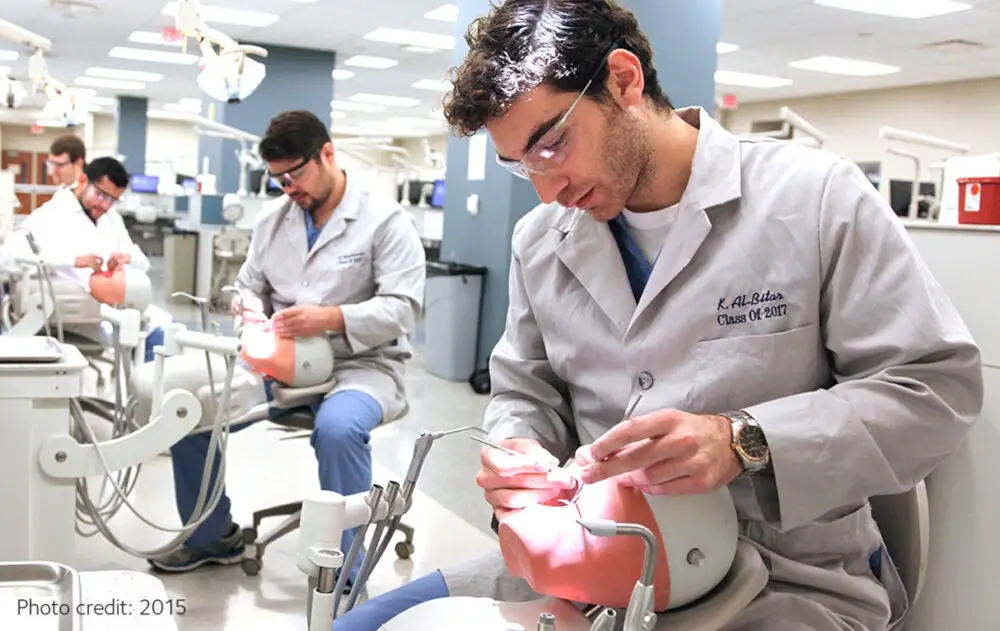
In conclusion, getting your wisdom teeth removed is a common and necessary procedure, but it can cause discomfort and disruption to your sleep routine. However, with these 5 proven tips, you can ensure that you sleep comfortably and recover quickly. From elevating your head to using ice packs and taking pain medication, these simple steps can make a significant difference in your ability to rest and heal. Additionally, incorporating soft foods and beverages into your diet and avoiding smoking and alcohol can further aid in your recovery. So, take care of yourself and follow these tips to make the most out of your post-wisdom teeth removal recovery period.



